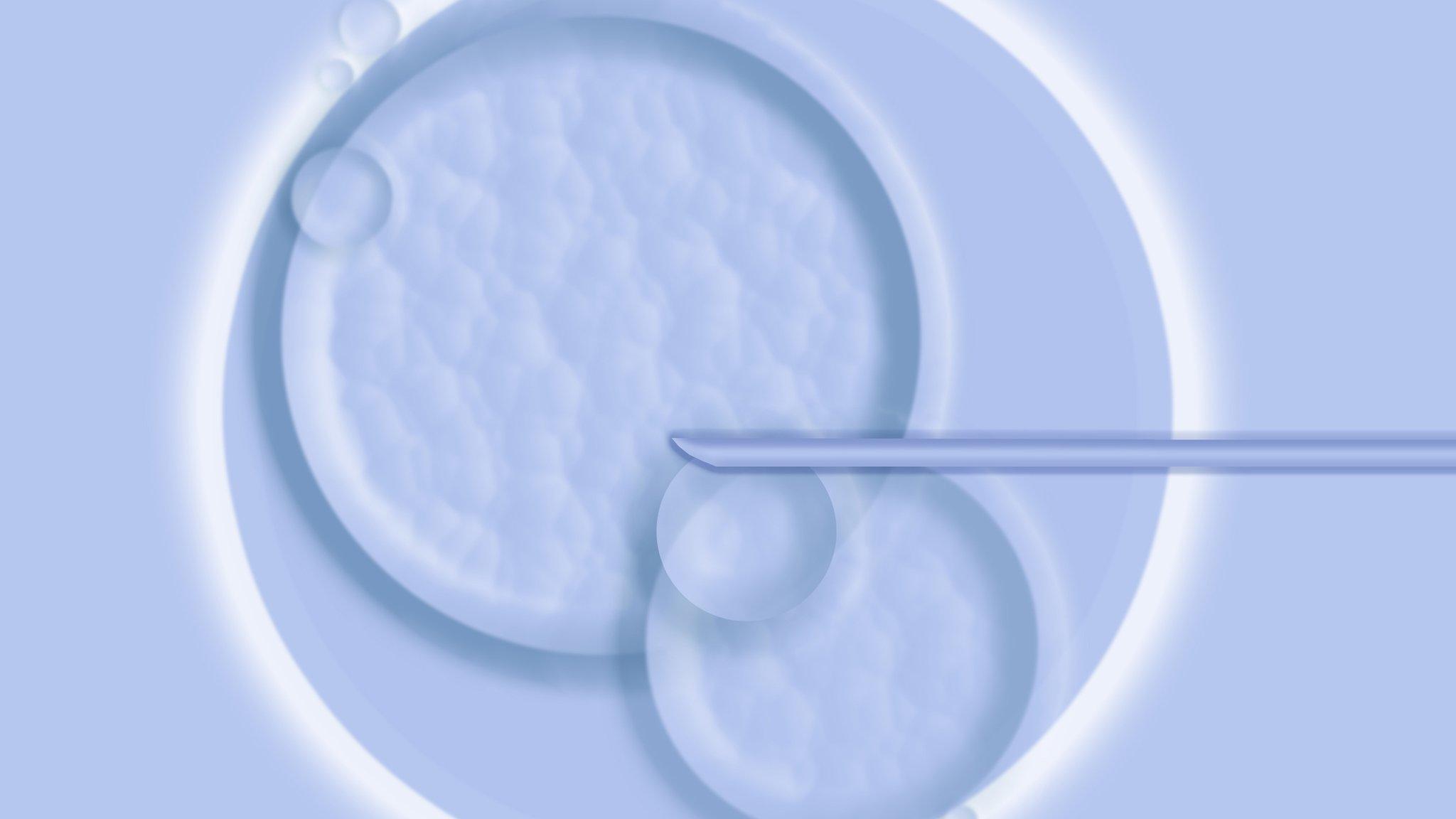Coronavirus: IVF treatment delays 'soul destroying'
- Published
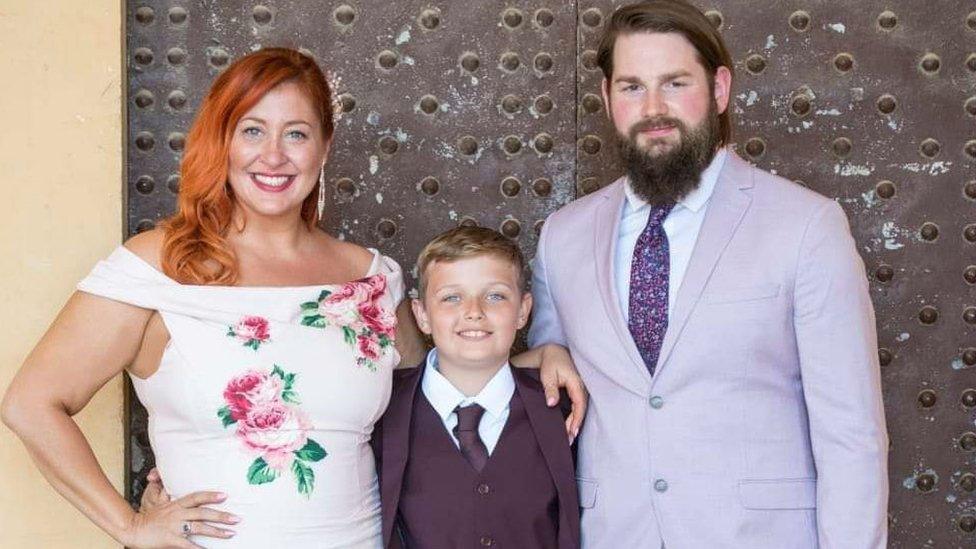
Amanda Faulkiner-Farrow with her son Tristan and husband James
A woman whose fertility treatment has been hit by the coronavirus outbreak has described it as "soul destroying".
Amanda Faulkiner-Farrow, 38, from Bethel, Gwynedd, was due to have a round of treatment in June.
Non-urgent outpatient appointments and surgical procedures were suspended by the Welsh Government in March to help the health service tackle coronavirus.
Stacey Matthews, 38, who has also been trying for a baby, said she was "struggling" due to the delays.
The Human Fertilisation and Embryology Authority (HFEA) which regulates UK fertility clinics said all current treatments must be completed by 15 April.
The Welsh Government said that a plan was in "place to stop all non-urgent and planned treatments" by Wednesday, but added that "as the situation progresses this position will remain under frequent review".
Mrs Faulkiner-Farrow and her husband James had their first round of ICSI, a form of fertility treatment, in January 2019.
It was successful and she became pregnant with twins, but lost them early in the pregnancy.
"It was devastating," she said.
"My husband's not a real crier but when you see tears in his eyes, you see the pain and you just think: what have I done wrong?"

A SIMPLE GUIDE: How do I protect myself?
AVOIDING CONTACT: The rules on self-isolation and exercise
WHAT WE DON'T KNOW How to understand the death toll
TESTING: Can I get tested for coronavirus?
LOOK-UP TOOL: Check cases in your area

Mrs Faulkiner-Farrow said she sought a second round of treatment last September but was told she would have to wait until the next financial year because of limited funding.
Her second and final round on the NHS was due to take place in June which she saw as her "last chance".
"There's a lot of women out there like me, on a clock, and we didn't leave it last minute because we wanted a career, it was just the way love and life and circumstances fell," she said.
"It's just something that I want so bad and my husband wants so bad.
"And then we're in this crisis because, at the end of the day, age is not on our side."
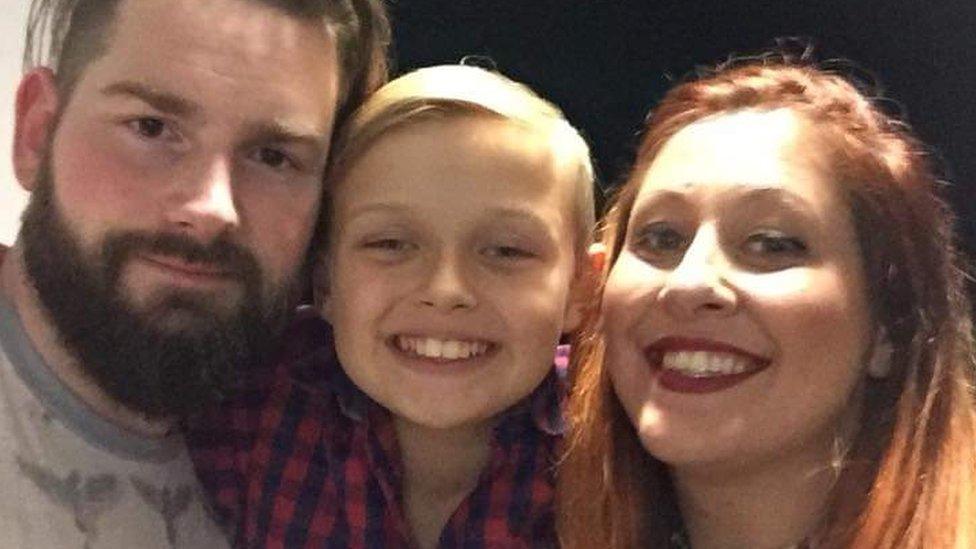
Amanda Faulkiner-Farrow with son Tristan and husband James
Mrs Faulkiner-Farrow, who has a 13-year-old son, Tristan, from a previous marriage, said the situation was impacting her whole family.
"Tristan's on this journey a little bit so it doesn't just affect myself or my husband, you're talking about the grandparents who are looking for grandchildren, friends who've been there for us, it's a bigger journey," she said.
Mrs Faulkiner-Farrow said she was trying to stay positive but is concerned about how long it will take for treatments to start again.
In a post on its website, the HFEA said it would do all it could to "lift this restriction as soon as possible but we cannot give a date when this will happen given the current situation with the Covid-19 pandemic".
"This is the only responsible course of action for the fertility sector and patients at this tough time," it said.
Treatment in fertility clinics may now only continue in exceptional cases, such as when a woman wants to freeze her eggs before undergoing chemotherapy.
Alice Matthews, who is the Wales co-ordinator for Fertility Network UK, said the support organisation had seen a "surge" in calls and emails over the past few weeks.
She said: "People are going to be feeling extremely anxious, like they've got absolutely no control over their lives, like they're in limbo, like their lives are literally on hold and there's very little that anybody can do."
She added that anyone on a waiting list for fertility treatment will remain in the same position and that "nobody's going to lose their place" when treatments restart.
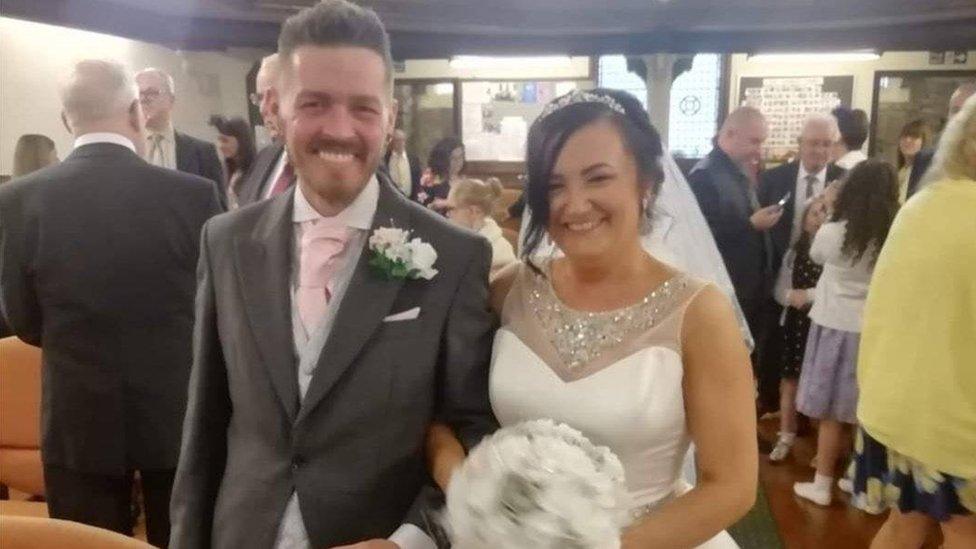
Stacey Matthews and husband Richard on their wedding day
Also concerned about the waiting is 38-year-old Stacey Matthews, from Beddau, Rhondda Cynon Taf.
She and her husband, Richard, have been trying for a baby for seven years.
They had two rounds of ICSI on the NHS and have since self-funded a further round.
They were hoping to undergo a fourth round in July but a planned surgery to remove a fibroid in Mrs Matthews' uterus has been cancelled, throwing doubt over when they can proceed.
"Everything's just on hold at the moment," she said.
"I am struggling and I'm grieving in a way as well because our hopes of having a child have now been extended even longer.
"And we just don't know when we're going to be able to do it."
After Mrs Matthews' husband was furloughed from his business in response to the coronavirus outbreak, she said it may take the couple longer to raise £4,000 to pay for the treatment.
"We'll try and remain positive because it will happen eventually," she said.
The Welsh Health Specialist Services Committee said it "appreciates" the impact of Covid-19.
It said fertility treatment guidance was issued by the British Fertility Society and the Association of Reproductive and Clinical Scientists.
A spokesman said: "All women will be entitled to the treatment they have been entitled to on the 13th of March 2020.
"This date was chosen because the government has confirmed that all non-urgent procedures should be suspended.
"Please note that this will not apply to patients who have opted for personal treatment."
- Published6 April 2020
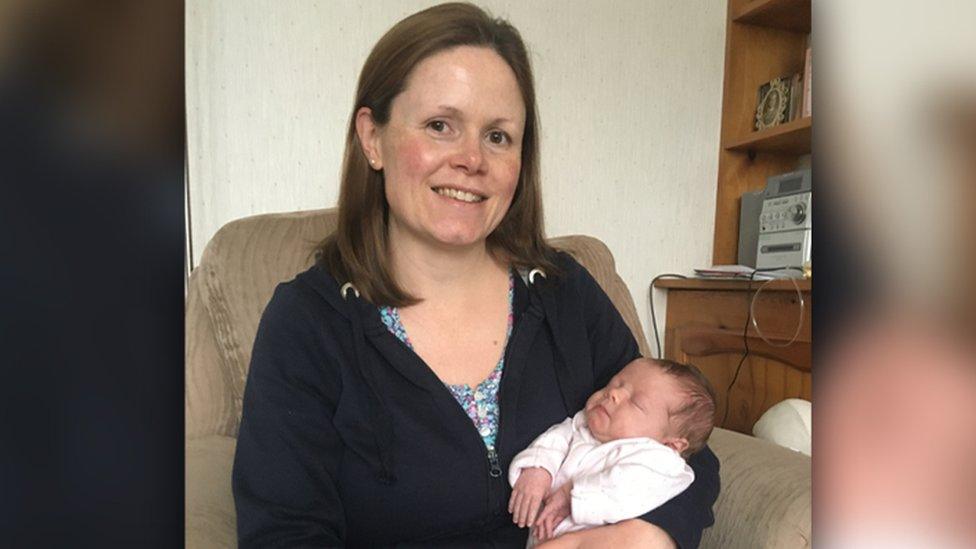
- Published14 April 2020
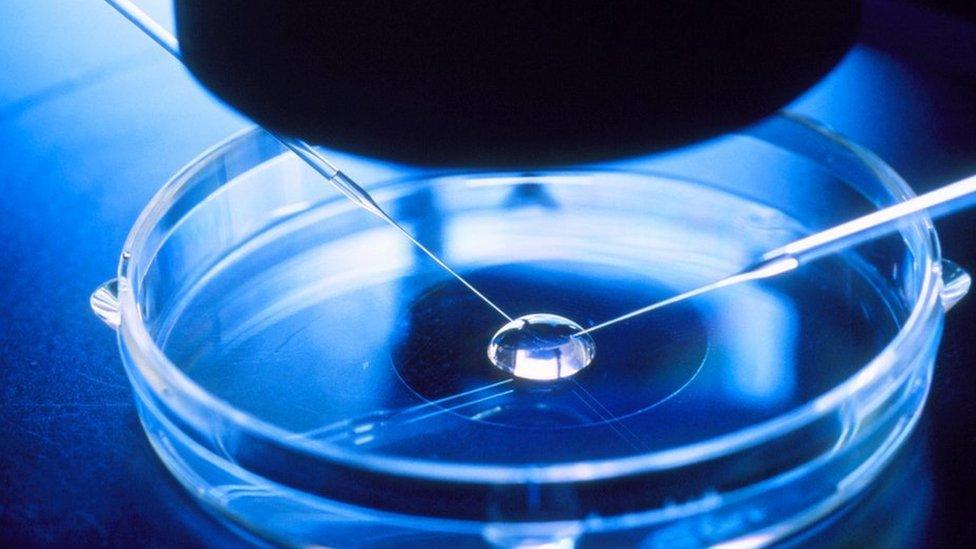
- Published12 March 2020
